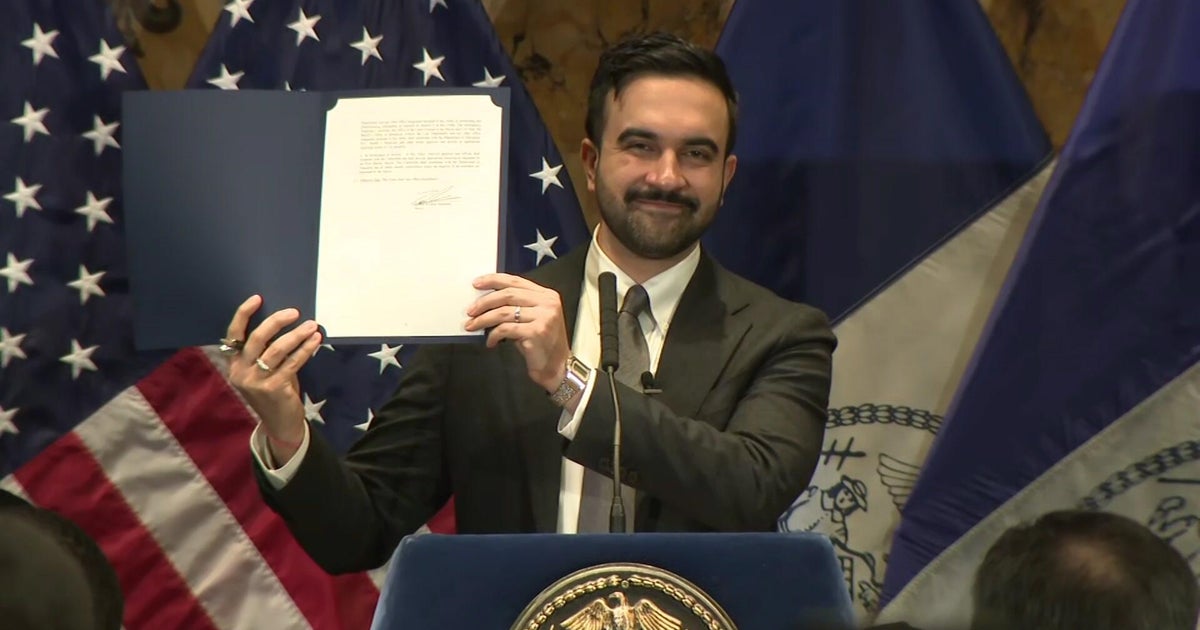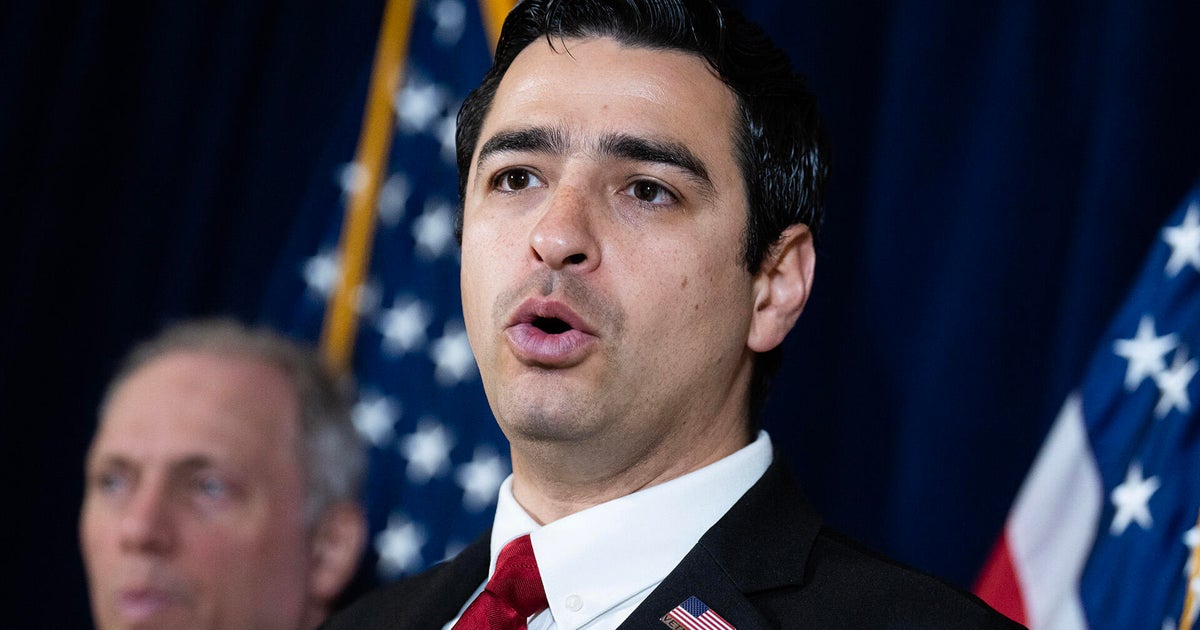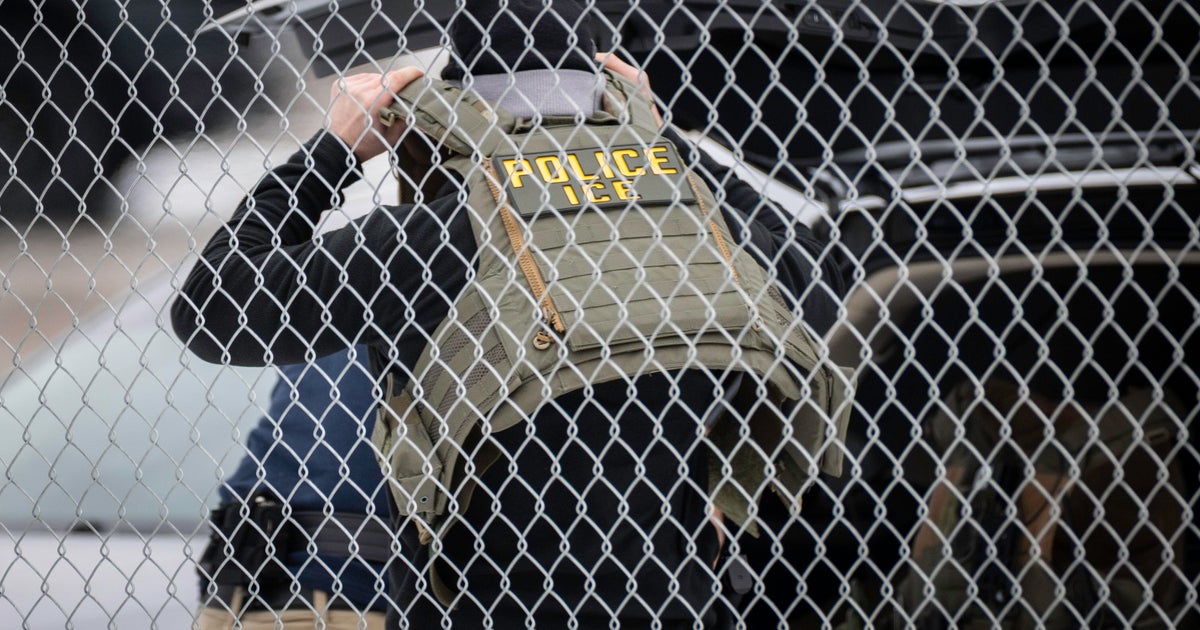Texas Senate Panel Derails 'Sanctuary Cities' Bill
AUSTIN (AP) - A Texas Senate committee derailed a plan Wednesday that would have allowed local police to question anyone they detain about their citizenship status, a major defeat for Gov. Rick Perry, who had called the effort an emergency and put it on the legislative fast track.
The so-called "sanctuary cities" bill sparked months of heated criticism from police chiefs across the state and Democrats in the Legislature who feared the measure would encourage racial profiling and make it harder for police to do their jobs.
The House passed the bill over emotional protests from Hispanic Democrats, but the Senate committee rejected the police enforcement measure after citizens packed a committee room to testify against it.
Instead, the panel proposed new language that would change state laws to increase border security and expand the use of a federal citizenship verification program. That bill was left pending because a quorum wasn't present to give it final approval.
Sen. Tommy Williams, the chairman of the Senate committee and a member of Perry's own party, said he has no intention of restoring sanctuary cities language in the new bill unless it came back through his committee.
"At this point in the session, it's pretty unlikely," he said.
Though opponents agree that Texas' immigration system is broken, they argue the legislation would only exacerbate the problem.
Police departments have repeatedly said that being required to take on a federal responsibility will further splinter a system already buckling under the weight of local public safety issues and limited funding. Chiefs argue that enforcing this legislation would jeopardize public safety by ostracizing the local immigrant community and making them afraid to report crimes.
Austin Police Chief Art Acevedo said the bill would distract local officers from their No.1 priority -- public safety.
"Having local law enforcement be an agent to deal with immigration is short-sighted for a myriad of reasons," Acevedo said. "This is an emotional issue that, from the public safety perspective, is counterintuitive and will actually have negative consequences.
Acevedo also shot down the notion that local police currently turn a blind eye to illegal immigration.
"We're already going after criminals," he said, adding that the bill will undermine the efforts local departments have employed for years to combat racial profiling.
None of Texas' major cities claim to be sanctuary cities, and opponents of the legislation argue that it is irresponsible to make public policy to deal with a perception rather than reality.
"I thought what happened in Arizona would stay in Arizona," said Terri Burke, executive director of ACLU of Texas.
The new language adopted by the committee would require law enforcement agencies to run anyone arrested through Secure Communities, a federal immigration enforcement program. It would also require proof of U.S. citizenship to obtain or renew a driver's license if that information hasn't been previously provided.
Witnesses view the substitution as the lesser of two evils.
"These bills don't help us," said Maria Robles, who was brought here when she was 4 years old and 33 years later is still on the waiting list for citizenship. "The laws might sound and look good on paper, but they definitely affect good, hardworking people."
Witnesses urged committee members to reject any sanctuary cities language in the future and avoid any parliamentary maneuvers that may allow it to come to the floor for debate.
Though the sanctuary cities language may be floundering with time running out in the legislative session, its opponents know that a crippled bill could be revived at any time.
"We are not ready to declare victory on anything," said Luis Figueroa, legislative attorney for the Mexican American Legal Defense and Education. "Our concern is that sanctuary cities could come back."
(© Copyright 2011 The Associated Press. All Rights Reserved. This material may not be published, broadcast, rewritten or redistributed.)







